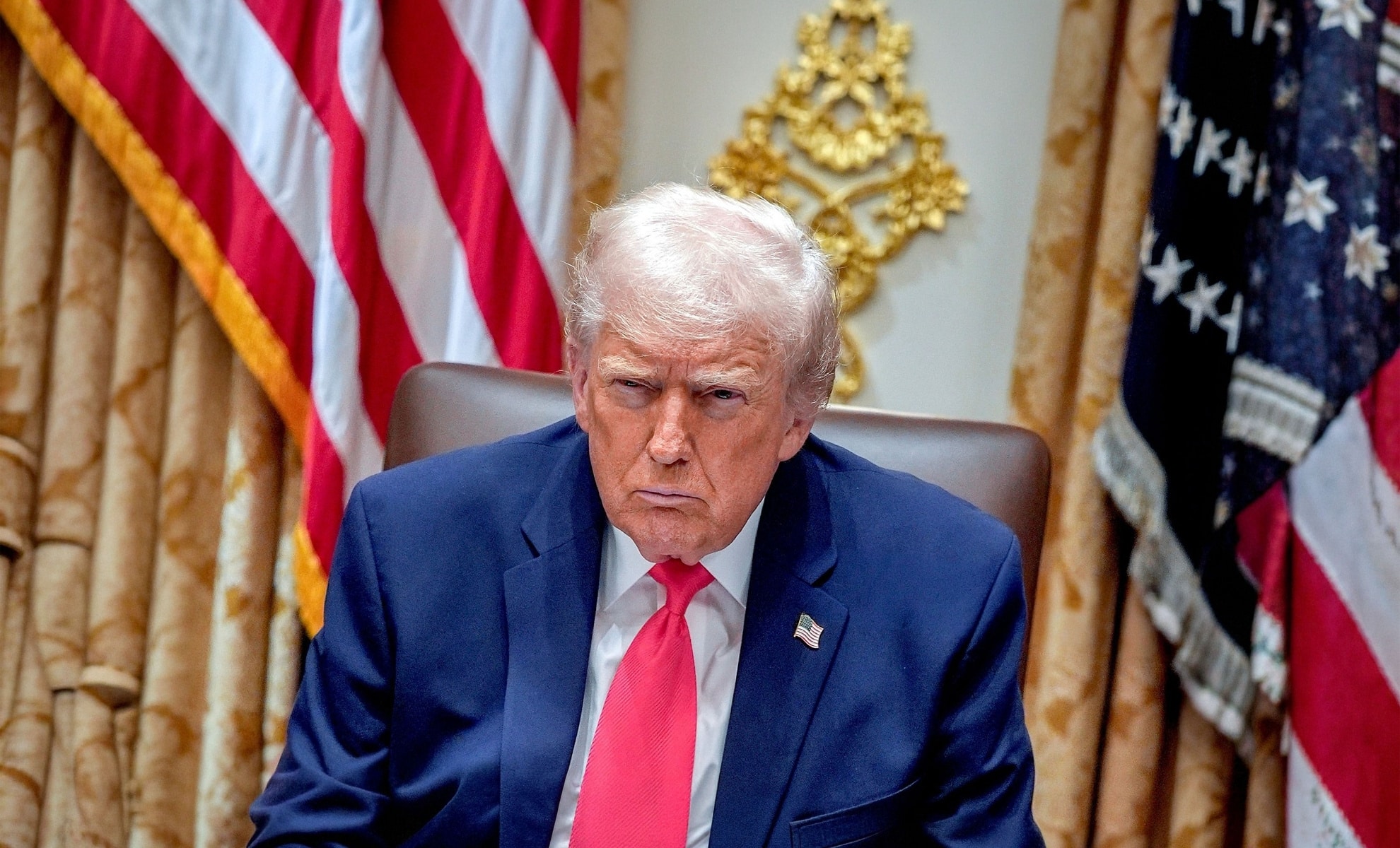Tesla reported a significant decline in profits for the third quarter of 2023, revealing a drop of 37 percent compared to the same period last year. The electric vehicle manufacturer, led by CEO Elon Musk, attributed this downturn to rising tariffs and increased operational costs that overshadowed gains from higher auto sales. The company posted profits of $1.4 billion, well below analyst expectations.
In its earnings announcement, Tesla noted that while revenue climbed 12 percent to $28.1 billion, operating expenses surged by 50 percent to $3.4 billion. This spike in costs was partly driven by greater spending on research and development as the company continues to innovate in the electric vehicle sector. Additionally, reduced income from regulatory credits further contributed to the profit decline.
Market Reactions and Future Outlook
Despite the challenges, Tesla highlighted that the market for electric vehicles saw a boost in the third quarter. The expiration of a federal tax credit on September 30 prompted many consumers to expedite their purchases. Following this surge, Tesla introduced two new “standard” models at lower price points in early October, although analysts provided mixed feedback regarding their potential to sustain consumer interest.
Notably, several industry experts suggest that Tesla’s sales may not experience a significant uptick until the company unveils a new vehicle. An analyst note from JPMorgan indicated that a sustainable growth trajectory for Tesla would likely require an expansion of its product lineup, with expectations of a new vehicle launch targeted for the first quarter of 2026. Similarly, Wedbush analyst Dan Ives pointed out early next year as a pivotal time for new model introductions. Ives also emphasized the importance of advancements in autonomous technology, forecasting that such innovations could elevate Tesla’s market valuation by $1 trillion.
In addition, Tesla is preparing for its annual meeting on November 6, where shareholders will vote on a compensation package for Musk that could surpass $1 trillion if he meets specific performance and market capitalization goals.
Challenges and Stock Performance
The company has faced notable challenges in recent months, particularly in Europe and the United States, where sales have been impacted by boycotts and vandalism. Although the conclusion of the $7,500 tax credit temporarily boosted US sales, a decline is anticipated in the fourth quarter.
Shares of Tesla have shown volatility, reflecting broader market sentiment and Musk’s political engagements. Recently, the stock experienced a 1.5 percent drop in after-hours trading following the earnings report. Musk’s political commentary has also drawn attention; he recently engaged in a public dispute with Sean Duffy, the acting NASA Administrator, regarding the competition in the space sector. Duffy commented that while he appreciates SpaceX, he believes the company is currently “behind” schedule.
As Tesla navigates these waters of increased costs and competitive pressures, its future will likely hinge on its ability to innovate and expand its vehicle offerings while managing operational efficiencies. The upcoming months are critical for the company as it seeks to maintain its position in the rapidly evolving electric vehicle market.







